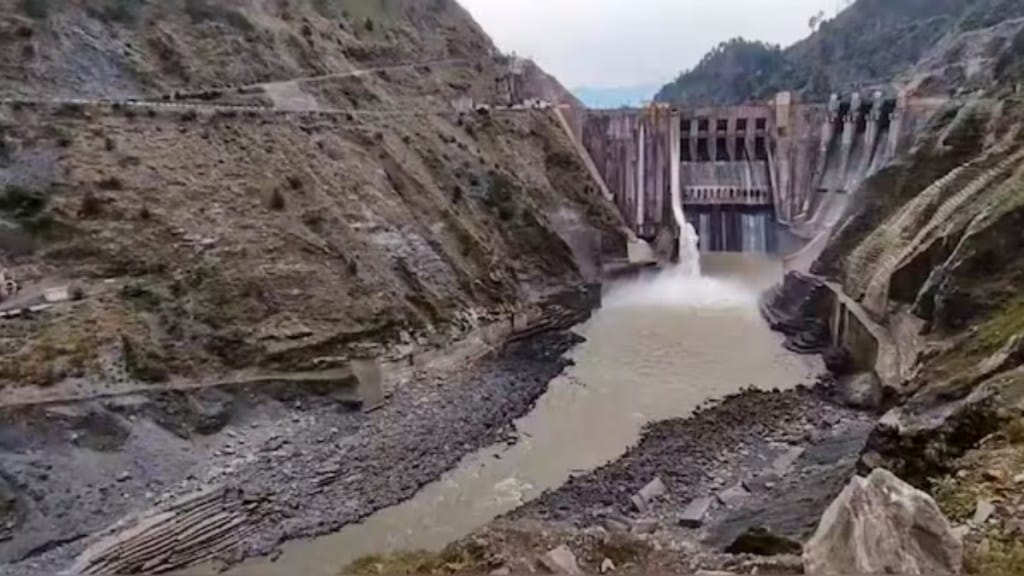India-Pakistan conflict: In a strongly worded statement on Friday, India categorically rejected the latest ruling of the Court of Arbitration regarding the Indus Waters Treaty, calling it “illegal” and “void.” The Ministry of External Affairs (MEA) said the supplemental award was yet another attempt by Pakistan to evade accountability for its longstanding role as the “global epicenter of terrorism.”
India rejects supplemental award on J-K hydropower project
The controversy centres around a supplemental ruling by the Court of Arbitration claiming competence to adjudicate disputes over India’s Kishenganga and Ratle hydropower projects in Jammu and Kashmir. India has consistently maintained that the constitution of this tribunal itself is a violation of the 1960 Indus Waters Treaty.
“India has never recognised the existence in law of this so-called Court of Arbitration,” the MEA said, describing its proceedings and rulings as “per se void.” The supplemental award did not deal with the projects directly but asserted the court’s jurisdiction to hear the dispute—something India firmly denies.
IWT suspended post Pahalgam terror attack
India further justified its stance by citing the recent Pakistan-backed terror attack in Pahalgam. As a response, India has suspended the Indus Waters Treaty, invoking its sovereign rights under international law.
“Until such time that the Treaty is in abeyance, India is no longer bound to perform any of its obligations under it,” the MEA said, adding that no arbitration forum, particularly one it considers illegally constituted, has the authority to question India’s sovereign decisions.
Pakistan weaponising arbitration
Calling the latest ruling a “charade at Pakistan’s behest,” the MEA accused Islamabad of manipulating international mechanisms to escape its own culpability. “Pakistan’s resort to this fabricated arbitration mechanism is consistent with its decades-long pattern of deception and manipulation of international forums,” the statement said.
India views the supplemental award not as a neutral legal finding, but as part of a broader pattern of strategic legal harassment by Pakistan.
India’s position on the legality and technical design of the Kishenganga and Ratle projects received validation earlier this year. A neutral expert appointed under Paragraph 7 of Annexure F of the Indus Waters Treaty ruled in India’s favour, declaring that all seven questions raised by Pakistan fell within the expert’s jurisdiction, not that of an arbitral tribunal.
India welcomed this decision, calling it a vindication of its interpretation of the treaty and hydropower project design.
As the diplomatic and legal dispute escalates, India remains firm that any future resolution must be grounded in international law and mutual accountability, particularly on the issue of terrorism.


